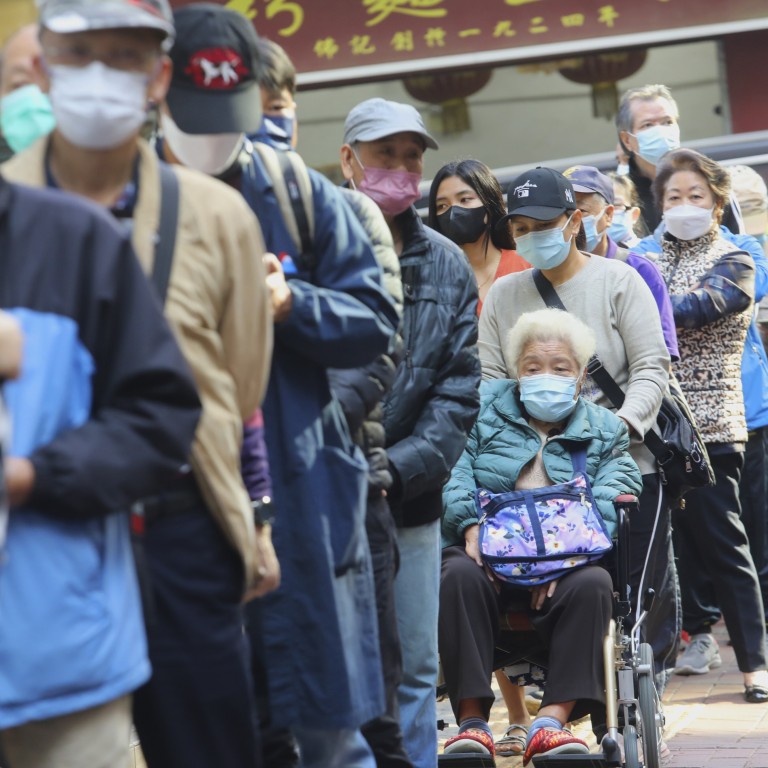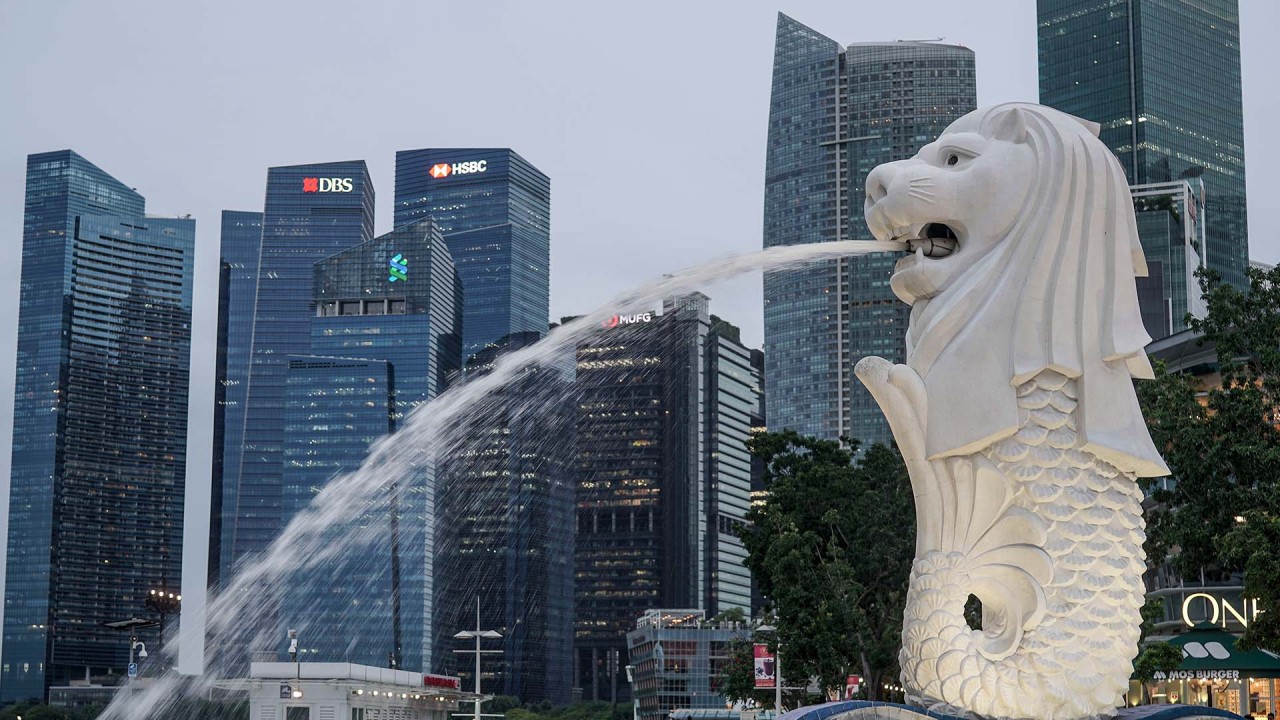
How zero-Covid Hong Kong can re-emerge as Asia’s world city
- Given our reliance as an entire society on trade and a sound economy, one of the best ways to move forward is to raise our vaccination rate to 90 per cent
- Unlike their peers in the rest of the world, Cathay aircrew have had to spend countless nights locked up overseas and in Hong Kong in quarantine
Yin and yang. Yes and no. Night and day. That is how different Hong Kong’s zero-Covid policy is from the rest of the world’s.
I have received a multitude of complaints from those who need to travel overseas for business, have children studying elsewhere or have family members who need to travel to Hong Kong.
They all question the rationale behind the lengthy 21-day quarantine for travellers from 149 countries, especially if they have been fully vaccinated. This group believes that a virus cannot be contained indefinitely, so Hong Kong should learn to live with Covid-19 like the rest of the world.
Many members of the general public want the government to uphold quarantine controls for inbound passengers with a view to stopping the virus from penetrating Hong Kong.
It’s as if there are two completely different universes or realities. One group wants a relaxation of Covid-19 measures and the other group wants more restrictions.
The rest of the world has more or less decided to live with the coronavirus, using vaccines to cope with the pandemic. In most countries, including the United States, if you are sick or test positive, you self-isolate at home to recover. Only if you have severe symptoms or trouble breathing do you seek hospital care. Covid-19 testing is optional and there is no contact tracing.
However, many international airlines have either cut or suspended flights to Hong Kong because of mandatory crew testing and stringent quarantine.
Who knew a ‘dim sum ban’ was all it would take to get elderly vaccinated?
Caught in the crosshairs of Hong Kong’s zero-Covid policy and onerous quarantine requirements is our flagship carrier Cathay Pacific. With most of its aircrew locally based, Cathay cannot simply transit Hong Kong and turn around to its home base to escape quarantine, as other global airlines do.
Without the constraints of ever-changing rules of quarantine, Cathay’s competitors have largely returned to normality.
Now that the more transmissible variant has led to the recent outbreak, we need to further tighten exemptions given to aircrew.
But how can Hong Kong continue to be Asia’s world city?
Given our reliance as an entire society on trade and a sound economy, one of the best ways for us to move forward is to increase our vaccination rate to 90 per cent. Without a much higher rate among the elderly, we risk paralysing our health care system as and when we try to close the gap with the rest of the world.
Bernard Chan is convenor of Hong Kong’s Executive Council


